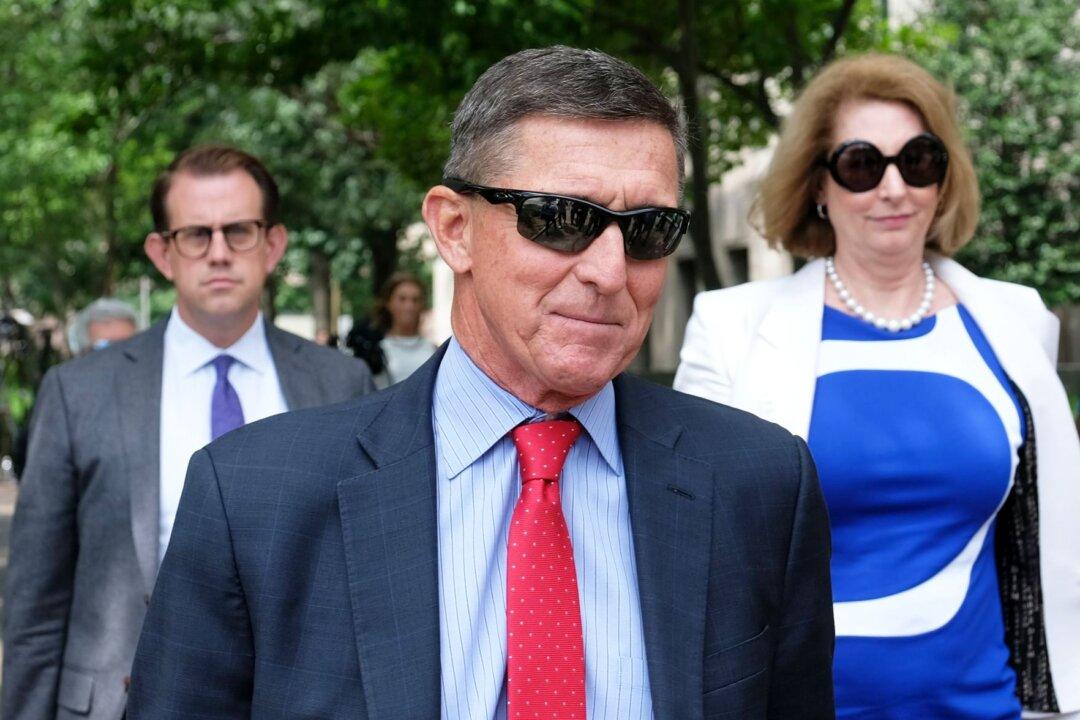Retired Lt. Gen. Mike Flynn’s lawyer has told a federal judge that Flynn first wants the prosecutors to hand over a plethora of information that he believes is exculpatory and then, partly based on that information, Flynn will ask the judge to dismiss the case.
“At the appropriate time, Mr. Flynn will file a separate motion asking that the Court dismiss the prosecution for egregious government misconduct and in the interest of justice,” lawyer and former prosecutor Sidney Powell said in a Nov. 4 court filing (pdf). “Mr. Flynn is entitled to discovery of the materials he has requested ... that will help him support such a motion.”





